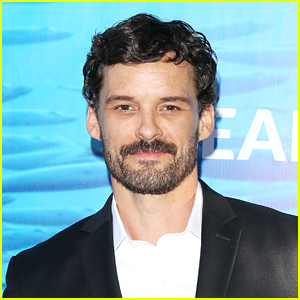
Actor and filmmaker Morgan J. Freeman is reportedly exploring the possibility of seeking asylum in Canada. This development follows a series of politically charged statements and actions that have placed him at odds with certain segments of the American public. Freeman, known for his outspoken political views, has been a vocal critic of the current U.S. administration, leading to increased scrutiny and backlash.
The news of Freeman’s potential move to Canada comes amid rising political tensions in the United States, where cultural and ideological divides have become increasingly pronounced. Freeman’s decision appears to be motivated by a desire for a more politically congenial environment, as Canada is often perceived as having more progressive policies compared to its southern neighbor.
Background on Freeman’s Political Stance
Morgan J. Freeman, not to be confused with the legendary actor Morgan Freeman, has carved out a niche in Hollywood as a director and producer with a penchant for socially conscious themes. His work often reflects his progressive ideals, tackling issues such as social justice, climate change, and human rights.
Freeman’s political activism has been a defining feature of his public persona. He frequently uses social media platforms to express his views, which has garnered both support and criticism. In recent years, his comments have become more pointed, aligning with a broader trend of celebrities engaging more directly in political discourse.
Canada: A Haven for Political Dissidents?
Canada has a history of being a refuge for individuals seeking political asylum, particularly those from the United States during times of political unrest. The country’s liberal immigration policies and emphasis on human rights make it an attractive option for those looking to escape political persecution or hostility.
According to immigration experts, the process of seeking asylum in Canada involves demonstrating a well-founded fear of persecution based on race, religion, nationality, political opinion, or membership in a particular social group. While it remains unclear whether Freeman will formally apply for asylum, his public statements suggest a growing disillusionment with the political climate in the U.S.
Expert Opinions and Public Reactions
Political analysts suggest that Freeman’s potential move could be indicative of a broader trend among American liberals who feel increasingly alienated by the current political landscape. Dr. Emily Thompson, a political science professor at the University of Toronto, notes that “Canada’s image as a progressive haven is appealing to those who feel marginalized in the U.S. political system.”
Public reaction to Freeman’s announcement has been mixed. Supporters praise his commitment to his principles, while critics accuse him of abandoning his country. Social media platforms have become battlegrounds for these opposing views, reflecting the polarized nature of contemporary political discourse.
“Morgan J. Freeman’s consideration of asylum in Canada is a bold statement about the current state of American politics,” says Dr. Thompson. “It highlights the deep divisions and the lengths to which individuals will go to align their living situation with their values.”
Implications and Future Prospects
If Freeman decides to proceed with seeking asylum, it could set a precedent for other politically active individuals considering similar moves. The implications for U.S.-Canada relations are also worth noting, as increased asylum requests from American citizens could strain diplomatic ties.
Looking ahead, Freeman’s situation underscores the importance of dialogue and understanding in bridging political divides. As the U.S. approaches another election cycle, the stakes are high, and the decisions of public figures like Freeman could influence broader societal attitudes.
For now, Freeman remains in the United States, but his potential move to Canada serves as a reminder of the personal and political challenges faced by those in the public eye. As the situation develops, it will be interesting to see how Freeman’s story unfolds and what it signifies for the future of political dissent in America.






